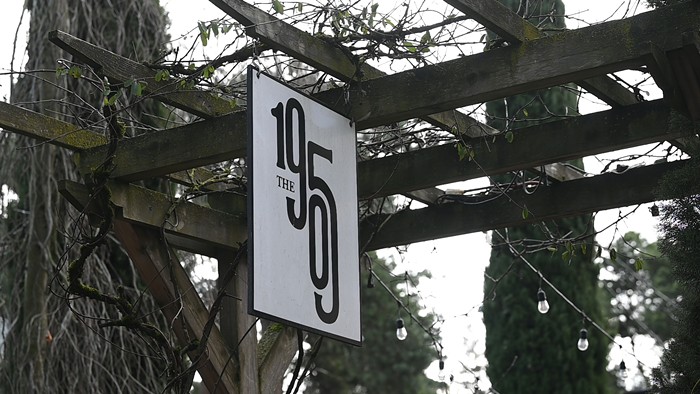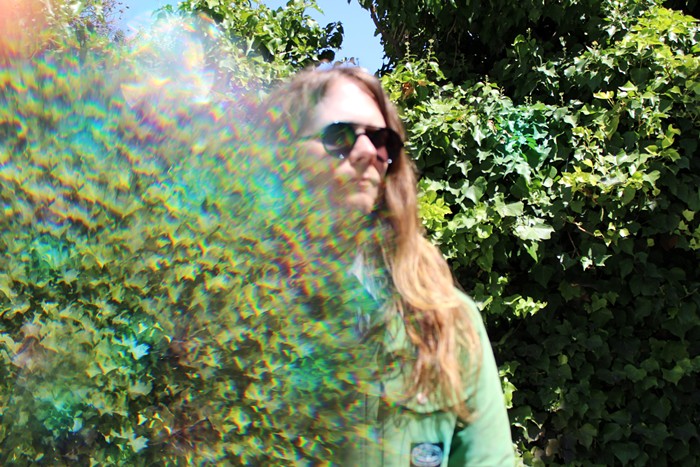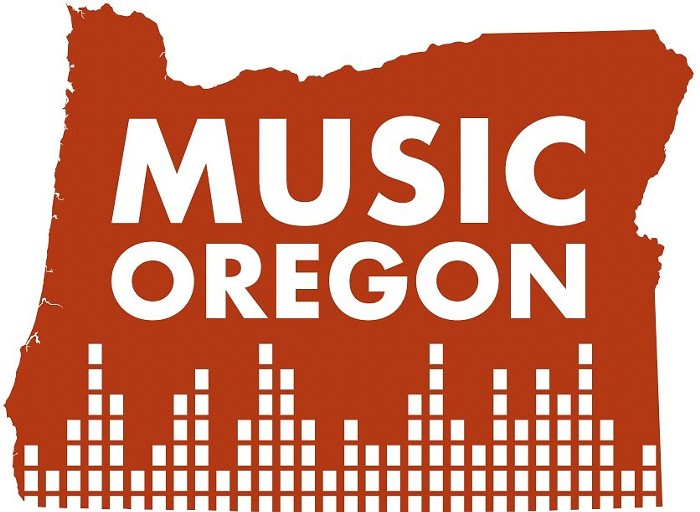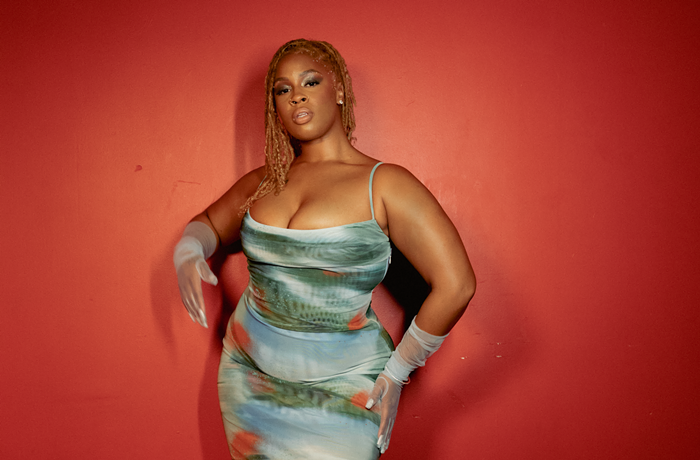No More Weak Dates is the full-length debut from SassyBlack, the solo project of Catherine “Cat” Harris-White. She’s one half of the recently disbanded Seattle group THEESatisfaction, her duo with Stasia “Stas” Irons. The album title projects confidence in the bizarre and often grueling exercise of dating, but also acts as a powerful, protecting incantation. This duality characterizes Harris-White’s cosmic but soulfully grounded “hologram funk.”
“'No more weak dates’ is a really bold statement,” she says, “like, 'I’m not going on anymore weak dates.’ It’s kind of arrogant, but then it’s also self-care, and then it’s also like, 'I need to make sure I’m not just out here doing stuff, you know, I’m not out on a date that I don’t want to be on, I’m not going out with people for pity’s sake, you know—I’m not wasting their time either.’”
No More Weak Dates centers on dating, but consciously veers away from traditional narratives where there’s either a happy ending or a vengeful breakup. Instead Harris-White navigates the suspended state of uncertainty between being a stranger to someone and being in love with them—on “I Wonder” she muses, “Will you love me/Or will you like me/With all my spacy subtleties.”
“Being vulnerable about dating just came from a place of healing,” she says. “I’ve been dating for however long, since I was like 14 or 15, on and off the rest of my life. It’s been such a main focus since popular mainstream culture’s like, 'You’ve got to date.’ Most of the themes of television, movies, and the music we listen to is love and being in a relationship—being married or in a long-term relationship, then having kids, then buying a house—it’s supposed to be a really monumental thing that happens in your life, and it’s just always a topic of conversation. So I was just thinking about what it means to me.”
Harris-White says she wanted to make an album that reflected her “nontraditional romance experience” as a queer black woman, telling stories where “some of it’s fact, some of it’s fictional, some of it’s some weird hallucination or fantasy.” However, the experiences she discusses are relatable for pretty much anybody who’s ever dated.
She describes the moments that are often skimmed over—for instance, it’s alarmingly rare to find music about romance that ever mentions consent. It’s always implied that both parties miraculously have perfectly aligned intention. That’s part of why the ebullient “New Boo” is so refreshing: She’s sure to check in with her partner, singing, “Sensing the hesitation in your voice/I’m here for pleasure/Remember it’s your choice/Waiting on your consent.”
Over futuristic, repetitive synth and hypnotic beats, on “Circle of Love” Harris-White’s layered vocals ask, “How would you feel if you found out new boo ain’t so new to the crew?/What would you say to him, her, them, would you tell them that it’s cool?” She’s talking about that uncomfortable realization that your new flame’s dated someone in your social circle, and automatically questioning the budding relationship.
Harris-White is a lover of science fiction. “There’s so much room in space,” she says, “and I feel like science fiction gives you the space to create that and the freedom to make my music.” The celestially trippy track “Comicon” captures her excitement before heading to a date at the comic book convention. “Participate in my sci-fi fantasy,” she sings, “I bet you didn’t think you were chilling with a sexy Trekkie.”
She’s also a trained jazz singer: “Jazz is from blues is from ragtime, it’s from a time of struggle and reconciliation in American culture—recovering from slavery, you know. These are genres of strength to me. They are genres of healing, because people were trying to get out and get to the next step.”
Listening to the free-flowing beats of SassyBlack, the influence of both jazz and sci-fi are palpable—they’re boundless realms that thrive in the absence of concrete rules and principles. Harris-White says she’s inspired by the scores of Star Trek and Star Wars, and will often create chord progressions similar to those used in both series. She explores these unpredictable melodies with the inspired brilliance of a freestyling jazz saxophonist.
“When I think sci-fi, I think psychedelia,” she says, “and science fiction is very relatable to jazz, because jazz is very beyond—like, people weren’t listening to music like that. There’s free jazz, and there’s all kinds of different genres within that genre. They just kind of expand beyond space. With scatting, it was just like, we’re escaping words to create these sounds. I think about creating this epic story when I think about science fiction. I think about making this story that is involved in the universe, outside of us.”
No More Weak Dates is made great with this shadowy tension—it’s terrestrially grounded in real experiences while simultaneously orbiting around Harris-White’s open-ended existential question: “Is there one solid soulmate, or am I floating aimlessly toward my fate?"


















